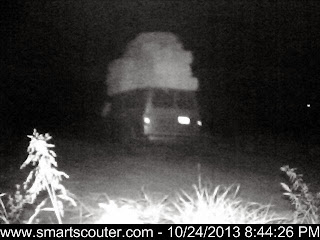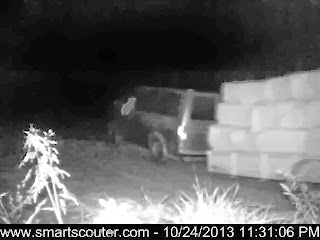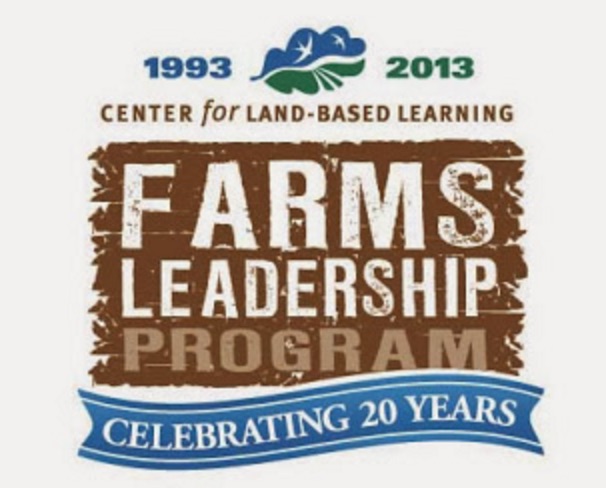THREE VOLUNTARY RECALL EXPANSIONS
Taylor Farms in Maryland and Texas are voluntarily recalling approximately 22,849 pounds of broccoli salad kit products due to concerns about possible Listeria monocytogenes contamination in the salad dressing.
The USDA FDA also announced that BI-LO supermarkets is calling for an immediate recall of the Taylor Farms Spinach Antipasti Salad sold at one BI-LO store in Martinez, GA. This recall is an expansion of an earlier recall announced by Reser’s Fine Foods Inc. of packaged Taylor Farms salad kits with dressing included sold between Oct. 19 and Oct. 27. According to the FDA, the reason for the recall is the potential that the product may be contaminated with Listeria monocytogenes.
There are no confirmed illnesses associated with these products.




















